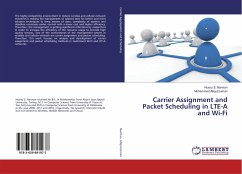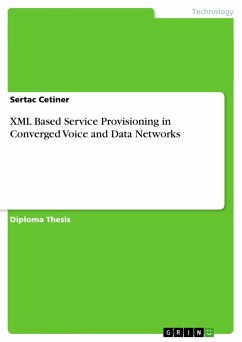Efficient wireless packet data access is possible by exploiting the multi-user diversity using an opportunistic multiple access system that allocates system resources to one user at a time while employing adaptive coding and modulation. Based on this outcome, recently the IS-856 system was developed. A scheduling algorithm provides resource allocation in the IS-856 system, and its proper design is perhaps one of the most crucial aspects for ensuring good system performance. The book presents a number of such algorithms, five of which are novel. The proposed algorithms appear to have the best overall performance of achieving high system throughput without diverging much from the optimal latency performance. The book shows that the IS-856 system can easily be adjusted to provide a multitude of services, each with different QoS requirements. Extensive performance evaluations show that good system performance can be maintained in the multi-service scenario. The book also presents themeans of providing multicast service provisioning in the IS-856 system. The selection of the scheduling algorithm influences not only the system throughput but also the average delay exposed by users.
Bitte wählen Sie Ihr Anliegen aus.
Rechnungen
Retourenschein anfordern
Bestellstatus
Storno








